Accessing mental health support is easier than ever thanks to AI-powered therapy tools designed to provide comfort, structure, and emotional insight on demand. This page features the best AI therapy tools of 2026, including both free and paid options that offer conversational support, guided self-care, cognitive behavioral therapy (CBT) techniques, and mood tracking. Whether you're navigating stress, anxiety, or just looking for daily emotional balance, these platforms provide a convenient, private way to receive support outside of traditional therapy sessions. Some tools simulate empathetic conversation, while others use structured CBT-style methods to help users manage thought patterns, build healthier habits, and set personal goals. We've evaluated each based on usability, clinical grounding, privacy posture, affordability, and emotional sensitivity. These apps are not a replacement for a licensed professional, and they aren’t intended for emergencies — but they can be helpful for everyday reflection, skills practice, and emotional check-ins when you want support quickly. If you're looking to build healthier habits and manage your emotional wellbeing, these tools are a great place to start.
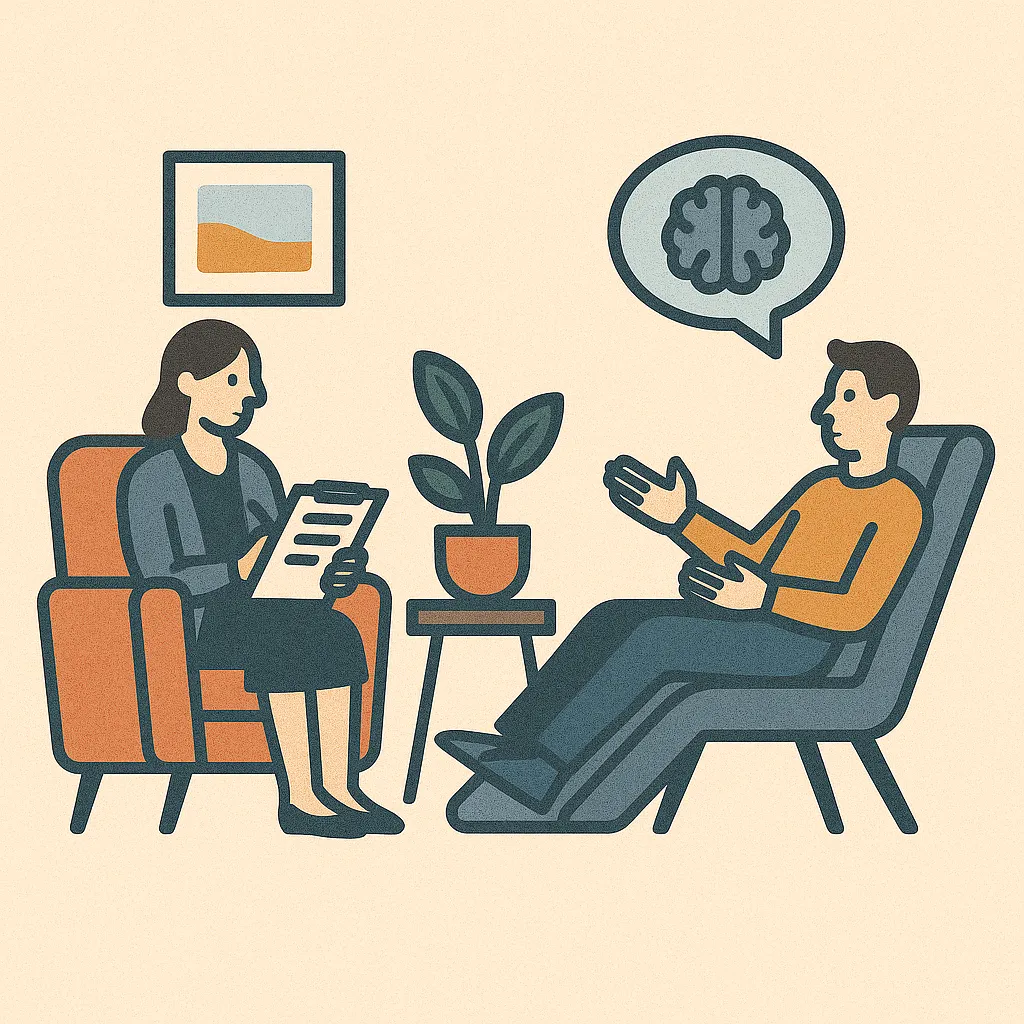
Top Paid AI Therapy Tools
| Rank | App | Key Strength | Price | Best Use Case |
|---|---|---|---|---|
| #1 | Wysa Premium | CBT tools + guided self-care library | From $19.99/month | Anxiety, stress, burnout routines |
| #2 | Youper (Premium) | Structured AI check-ins + CBT journaling | ~$69.99/year | Daily mood tracking + thought reframing |
| #3 | Earkick Premium | Anonymous AI coaching + habit routines | From $9.99/month | Private check-ins + coping skills practice |
| #4 | Rosebud | AI journaling prompts + reflection insights | Free + premium | Self-reflection, goal setting, journaling |
| #5 | Sanvello Premium | CBT-based self-care + mood tools | Free + premium | Guided coping skills + structured programs |
Wysa Premium
Wysa is one of the most widely recognized AI mental wellness apps, combining a supportive chat-style experience with an organized toolkit of CBT, mindfulness, and stress-management exercises. The free version is useful, but Premium is where Wysa becomes a more complete self-care system: you unlock a larger tool library, guided programs, and a smoother path from “I feel off today” to a structured routine you can follow. It’s especially strong for users who want an app that feels calm, simple, and practical rather than overly clinical. While it’s not a substitute for therapy, Wysa Premium works well as a consistent daily companion for building coping skills, reflecting on mood patterns, and staying accountable to healthier habits.
Youper (Premium)
Youper focuses on short, structured emotional check-ins designed to help users notice patterns and reframe unhelpful thoughts using CBT-inspired prompts. The experience feels more like guided journaling than open-ended conversation, which is ideal if you prefer clarity and structure over “chatty” replies. Over time, Youper builds a personal history of moods, triggers, and recurring themes, making it easier to spot what’s improving and what still needs attention. Premium access is best for people who want consistent daily reflection, a focused routine, and a private space to work through stress, anxiety, or low mood. If your goal is steady self-awareness and practical cognitive reframing, Youper is one of the strongest dedicated CBT-style AI tools available.
Earkick Premium
Earkick is built around privacy-first self-care: you can start quickly, do short check-ins, and use an AI coach for reflection without turning the experience into a complicated “mental health platform.” It’s particularly helpful for users who want an anonymous, low-friction app they can open for two minutes, get grounded, and move on with their day. Premium features typically focus on deeper or unlimited coaching-style chat, more structured routines, and expanded self-care content — which makes it a strong option if you like the free app but want heavier daily use. For many users, Earkick works best as a practical coping companion: quick check-ins, lightweight coaching, and simple habit-building tools you can maintain long-term.
Rosebud
Rosebud is an AI journaling and reflection app designed for people who want emotional clarity without needing to “know what to write.” Instead of blank-page journaling, Rosebud gives you guided prompts, conversational reflection, and optional insights that help you explore patterns over time. This makes it especially useful for self-awareness, goal setting, and processing stressful periods in a gentle, structured way. It’s not therapy and it doesn’t replace professional care, but it can complement therapy or stand alone as a daily reflection practice. If you want an AI-first journaling experience that feels supportive, personal, and easy to keep up with, Rosebud is one of the more polished options in the category.
Sanvello Premium
Sanvello is a long-standing CBT-based mental wellness app focused on structured self-help: mood tracking, guided coping exercises, and step-by-step programs for managing stress and anxiety. While it isn’t primarily an “AI chatbot” experience, it earns a place on this list because it provides a more systematic approach than most conversation-only tools. Premium access typically unlocks deeper content libraries, more guided programs, and expanded tracking tools — which matters if you want your app to feel like a plan, not just a check-in. Sanvello is a great fit for users who prefer clear frameworks, repeatable exercises, and progress-based routines they can follow consistently.
Top Free AI Therapy Apps
| Rank | App | Key Strength | Limitations | Best Use |
|---|---|---|---|---|
| #1 | Wysa (Free) | Free AI chat + basic CBT tools | Premium locks deeper programs | Everyday stress support & coping prompts |
| #2 | Earkick (Free) | Anonymous AI check-ins | Premium needed for heavy daily use | Quick reflection + mood awareness |
| #3 | Elomia | AI support chat with CBT-style prompts | May be trial-limited depending on plan | Anonymous emotional support conversations |
| #4 | 7 Cups | Free peer support + guided self-help | Quality varies by listener | Loneliness, immediate support, community |
| #5 | Moodfit | CBT tools + mood tracking system | Not a chat-first AI experience | Tracking triggers and building routines |
Wysa (Free)
Wysa’s free tier is one of the best “start here” options if you want an AI-assisted mental wellness app without committing to a subscription. You can chat with the AI, explore basic coping tools, and use simple prompts to work through stressful moments in a guided way. The free experience is intentionally lightweight — which makes it easy to use consistently without feeling overwhelming. If you end up liking the style, Premium expands the tool library and adds deeper guided programs, but the free version is still a solid daily check-in companion for managing stress, practicing CBT-style reframing, and building simple self-care habits.
Earkick (Free)
Earkick is a strong free option for people who care about low-friction, private mental wellness support. You can start quickly, do short emotional check-ins, and use the app as a “moment of pause” when you feel overwhelmed, anxious, or stuck in rumination. The free tier is best for casual use and quick reflection, while Premium is typically aimed at people who want more frequent coaching-style conversations or extended features. If your goal is simple, anonymous support that you can use in seconds, Earkick is one of the most practical free tools available.
Elomia
Elomia is an AI mental health chatbot designed to provide supportive, anonymous conversations and reflection prompts. It’s positioned as a self-care companion rather than professional therapy, and it can be useful for talking through feelings, organizing thoughts, and practicing basic CBT-style reframing in a low-pressure way. Availability and limits can vary by platform and plan, so it’s best treated as an accessible “emotional support tool” you can try without committing to a full subscription immediately. If you want an always-available conversation partner for reflection and grounding, Elomia is worth testing alongside more structured CBT apps.
7 Cups
7 Cups is a classic free support platform that combines anonymous chat with trained volunteer listeners, community spaces, and guided self-help resources. It’s not strictly an AI therapy tool, but it fills a crucial gap: quick access to someone who can listen when you don’t want to be alone with your thoughts. Because volunteers vary, the experience can be inconsistent — but for many users, the ability to get immediate, judgment-free support is invaluable. If you’re looking for a free option that blends community, conversation, and lightweight self-help, 7 Cups is still one of the most accessible places to start.
Moodfit
Moodfit is designed for users who want to treat mental wellness like a skill: track your mood, notice triggers, and build routines that support stability over time. It includes tools commonly associated with CBT-style self-work — journaling, habit tracking, breathwork, and structured exercises — but it’s more of a “toolkit and dashboard” than a chat-based companion. That’s a good thing if you want progress you can measure and patterns you can actually see. Moodfit’s free version provides meaningful value, and it works especially well as a daily mental fitness routine that complements therapy, coaching, or AI chat tools you use elsewhere.
Rankings
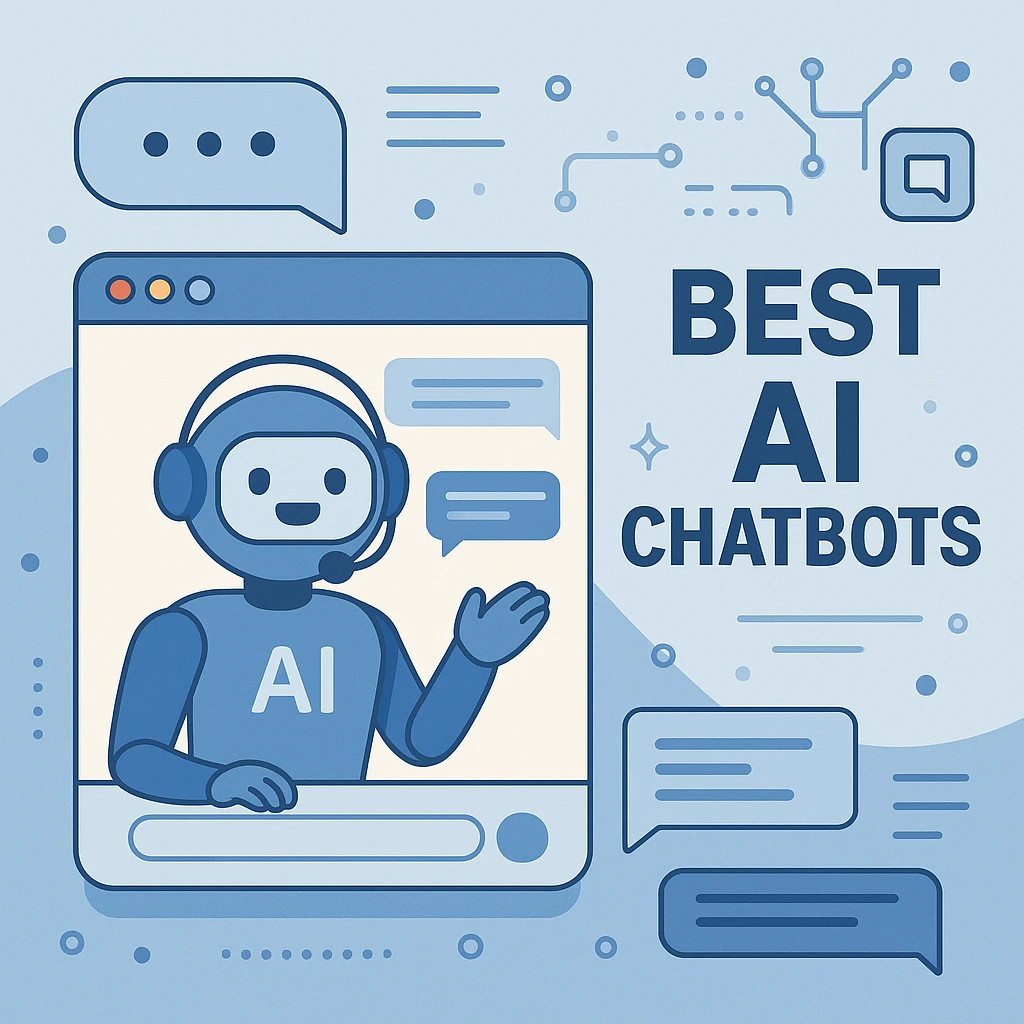
Chatbots
AI chatbots have quickly evolved from simple assistants into powerful, multi-purpose tools used by millions of people every day...

Image Generators
AI image generators are revolutionizing the way creatives, marketers, and developers produce visual content by transforming text prompts into detailed, customized...
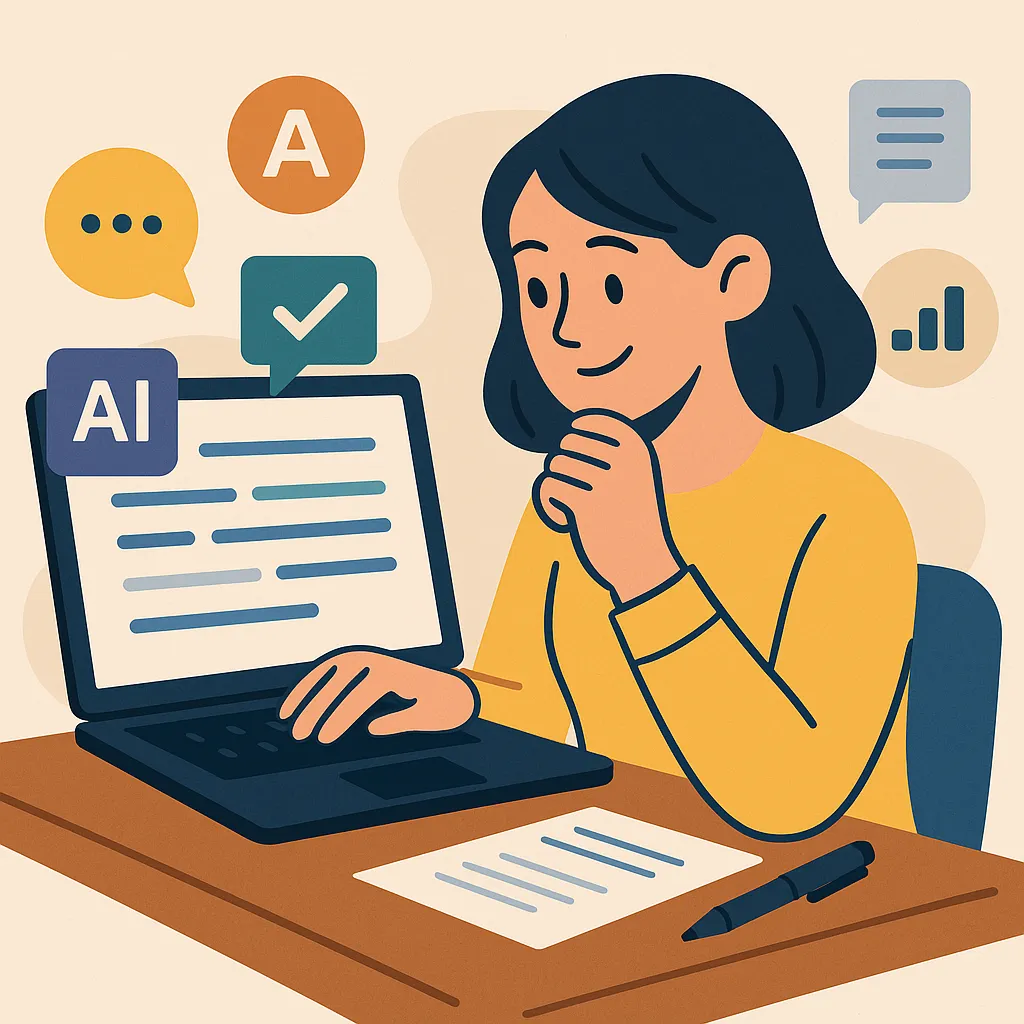
Writing Assistants
AI writing assistants have become indispensable tools for anyone who writes — from students and bloggers to business professionals and marketers...
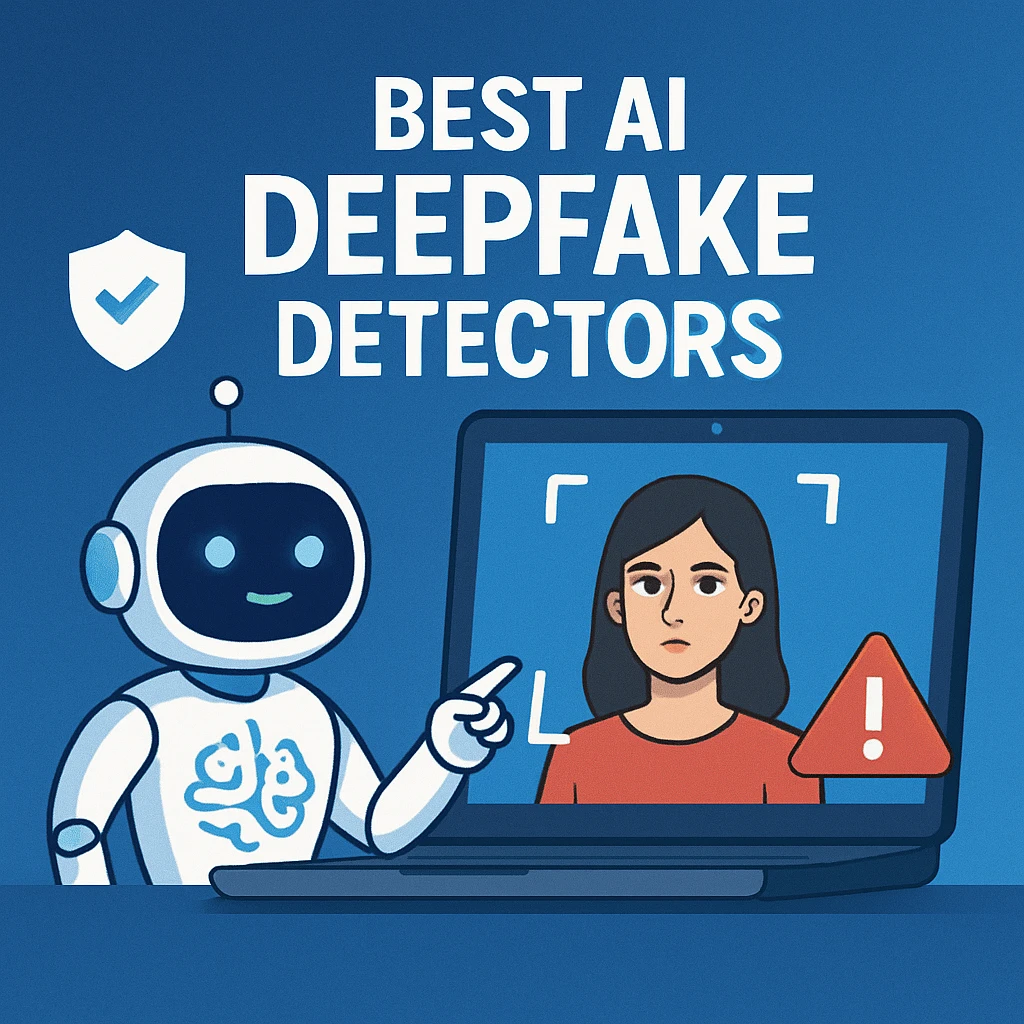
Deepfake Detection
As deepfake technology becomes more advanced and accessible, detecting AI-manipulated content is now a critical challenge across journalism, education, law, and...
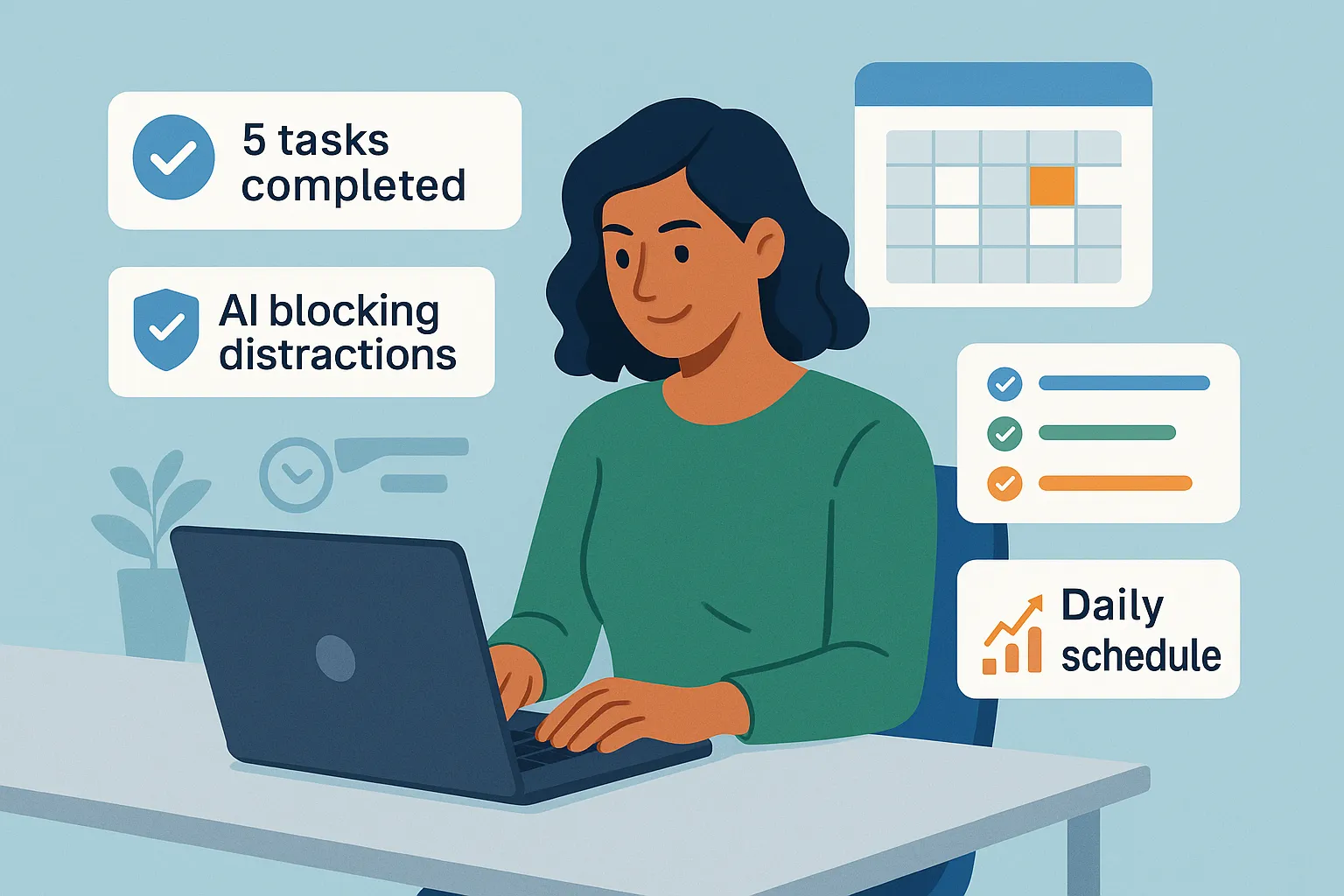
Productivity & Calendar
AI productivity and calendar tools have become essential for professionals, entrepreneurs, and students looking to make the most of their time without getting overwhelmed...
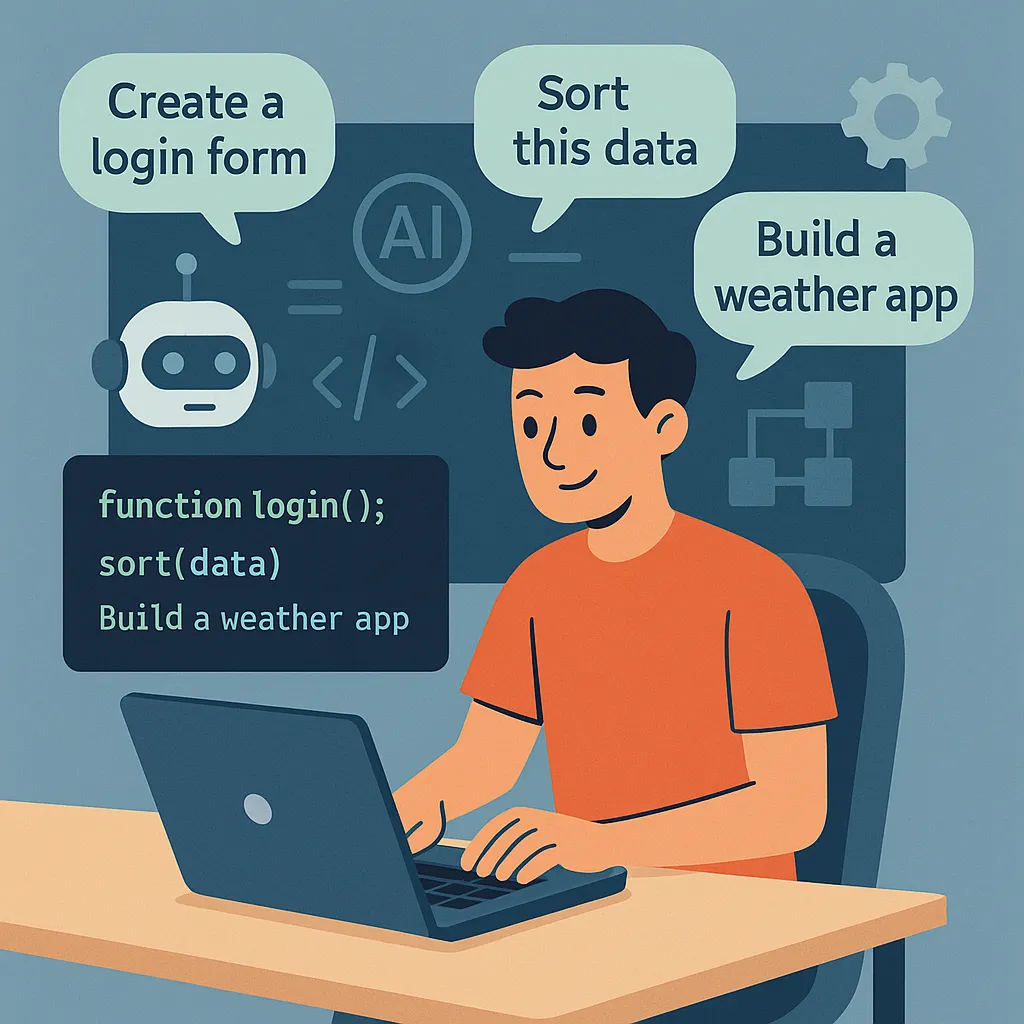
Natural Language To Code
Natural language to code tools are transforming software development by enabling users to build apps, websites, and workflows without needing advanced programming...
Blog
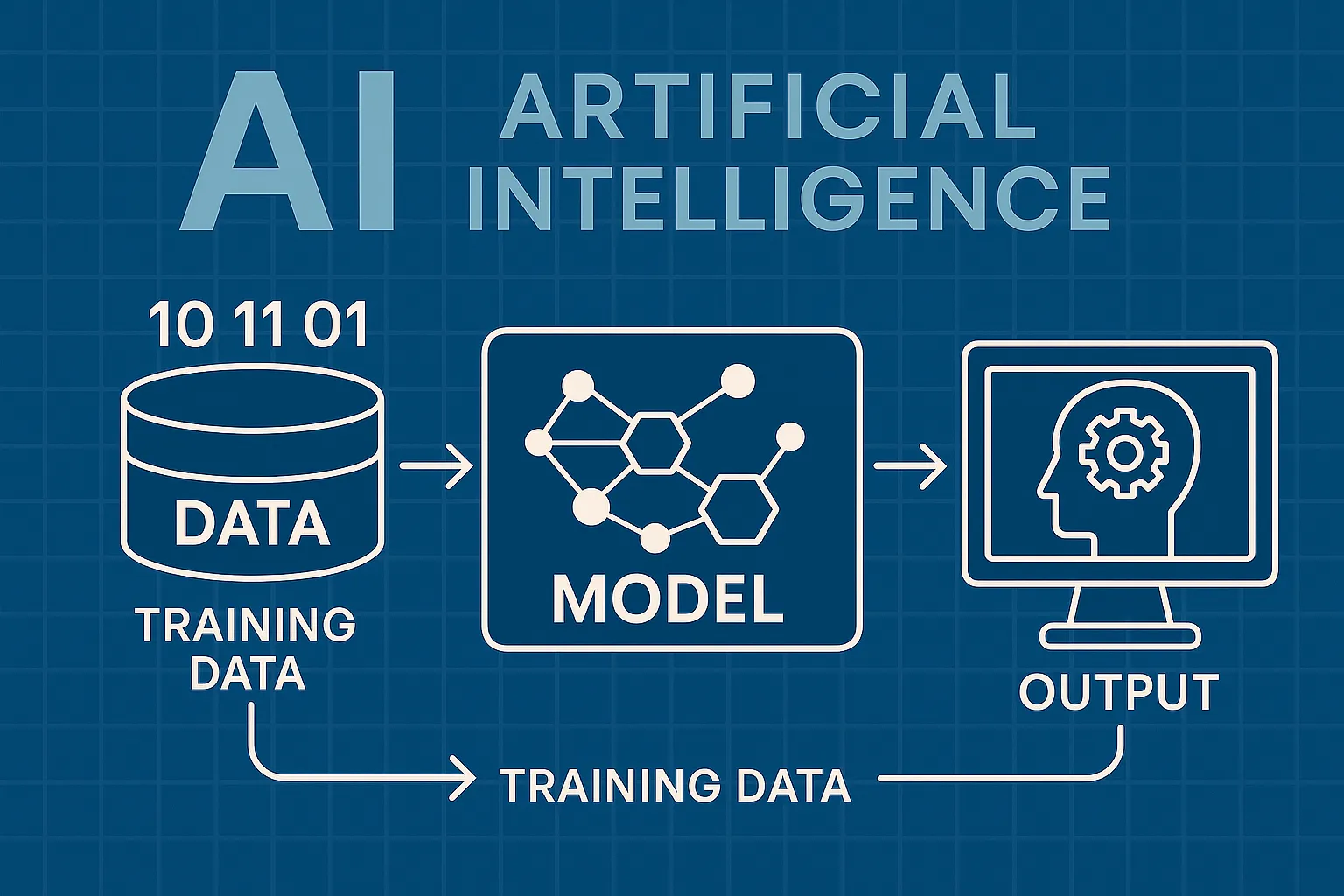
How AI Actually Works
Understand the basics of how AI systems learn, make decisions, and power tools like chatbots, image generators, and virtual assistants.
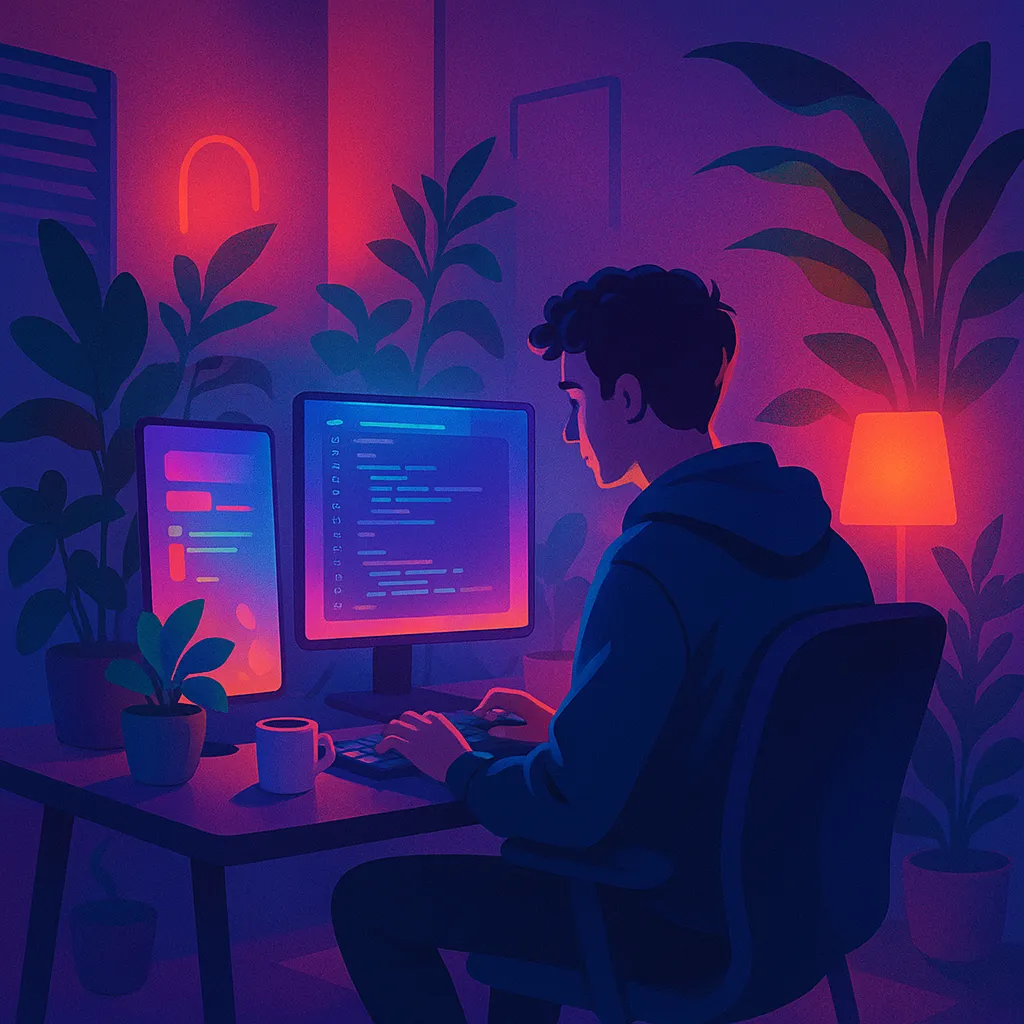
What Is Vibe Coding?
Discover the rise of vibe coding — an intuitive, aesthetic-first approach to building websites and digital experiences with help from AI tools.
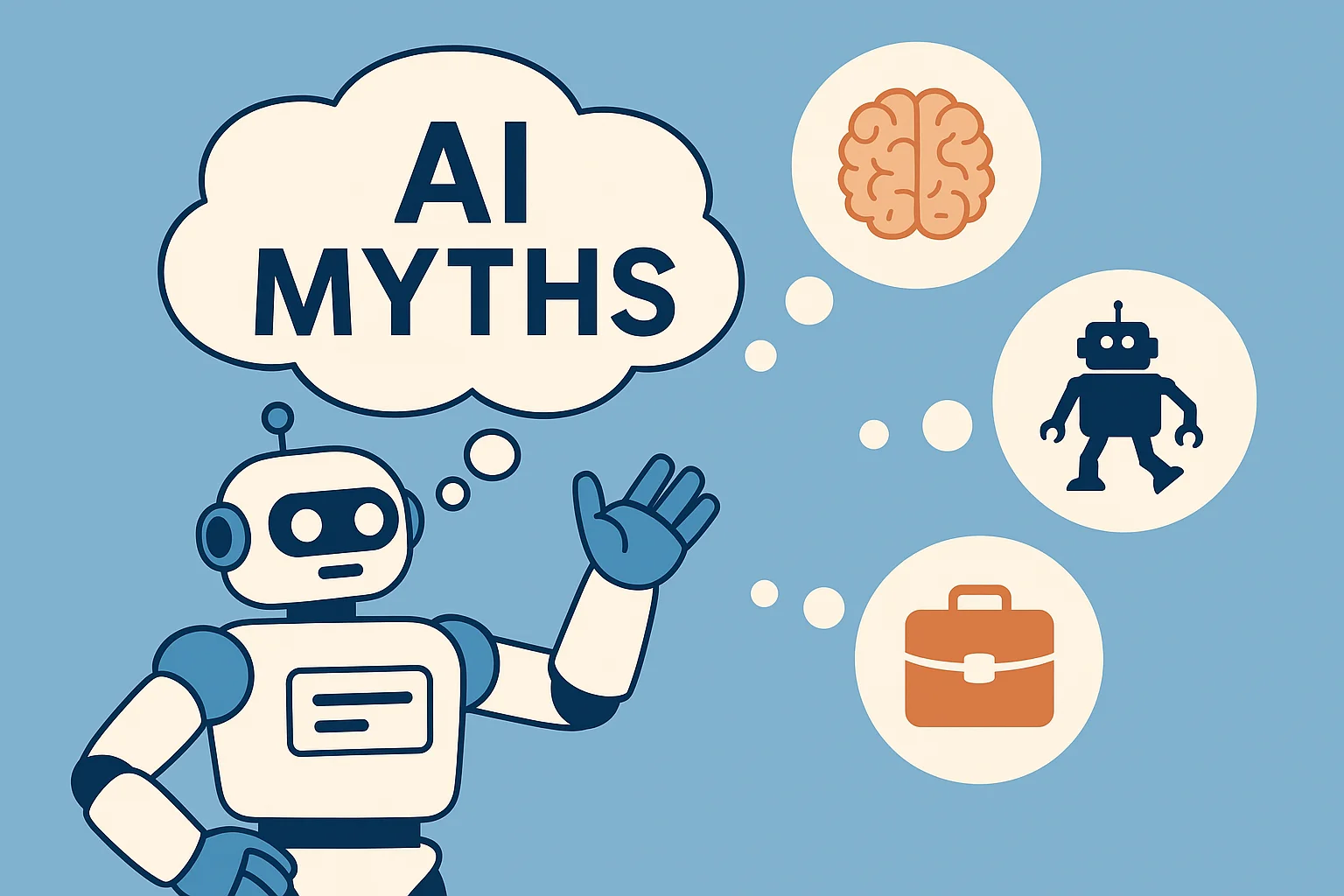
7 Common Myths About AI
Think AI is conscious, infallible, or coming for every job? This post debunks the most widespread misconceptions about artificial intelligence today.
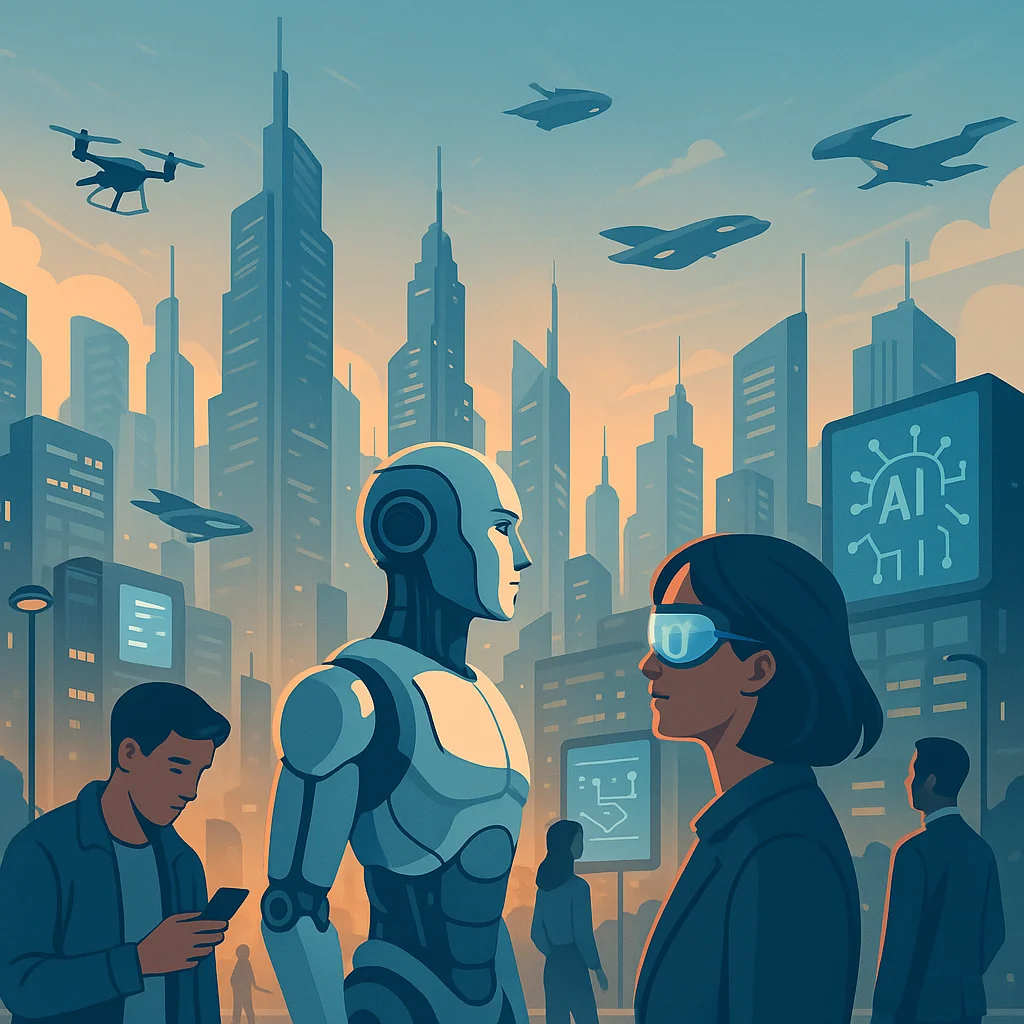
The Future of AI
From generative agents to real-world robotics, discover how AI might reshape society, creativity, and communication in the years ahead.
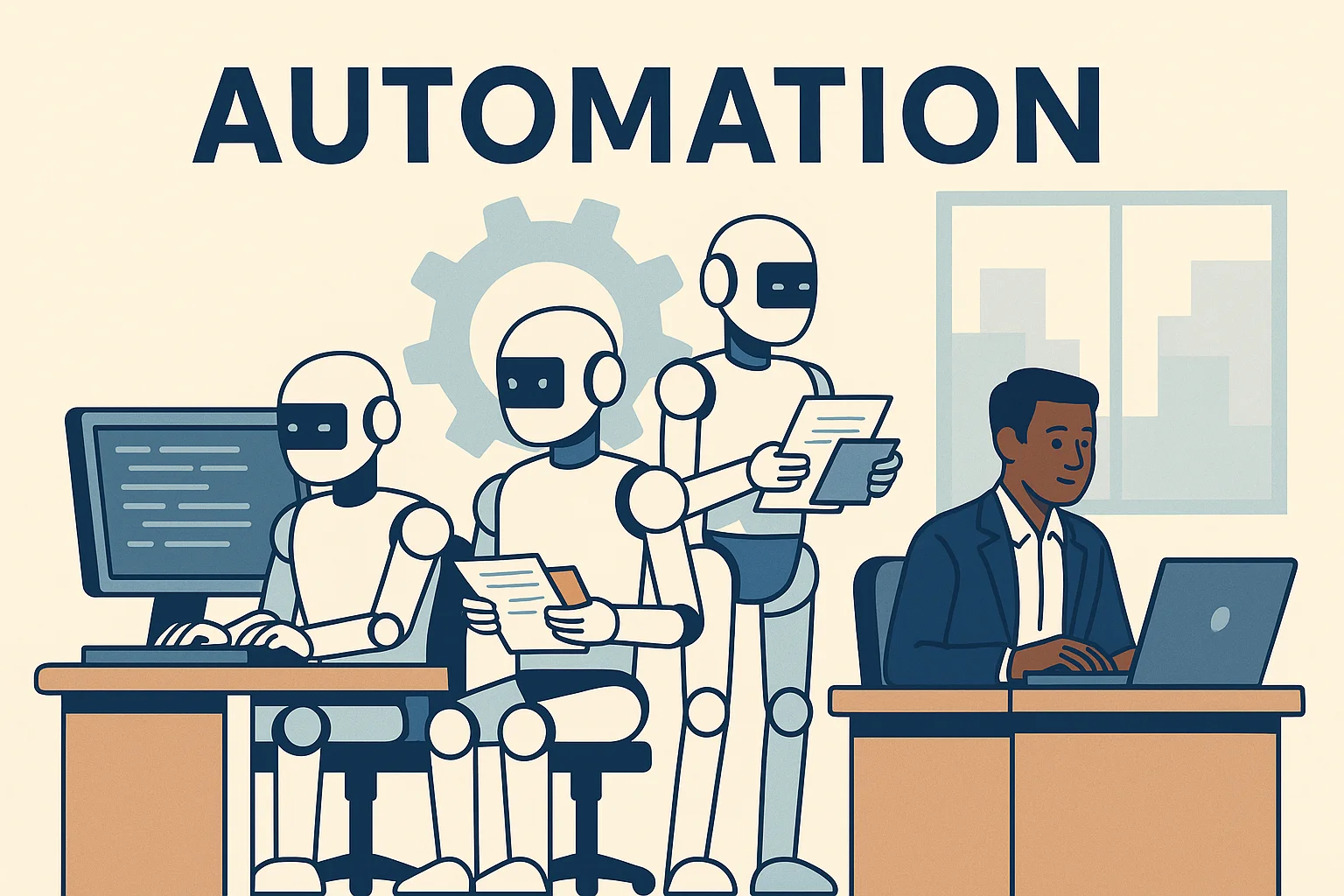
How AI Is Changing the Job Market
Will AI replace your job — or create new ones? Explore which careers are evolving, vanishing, or emerging in the AI-driven economy.
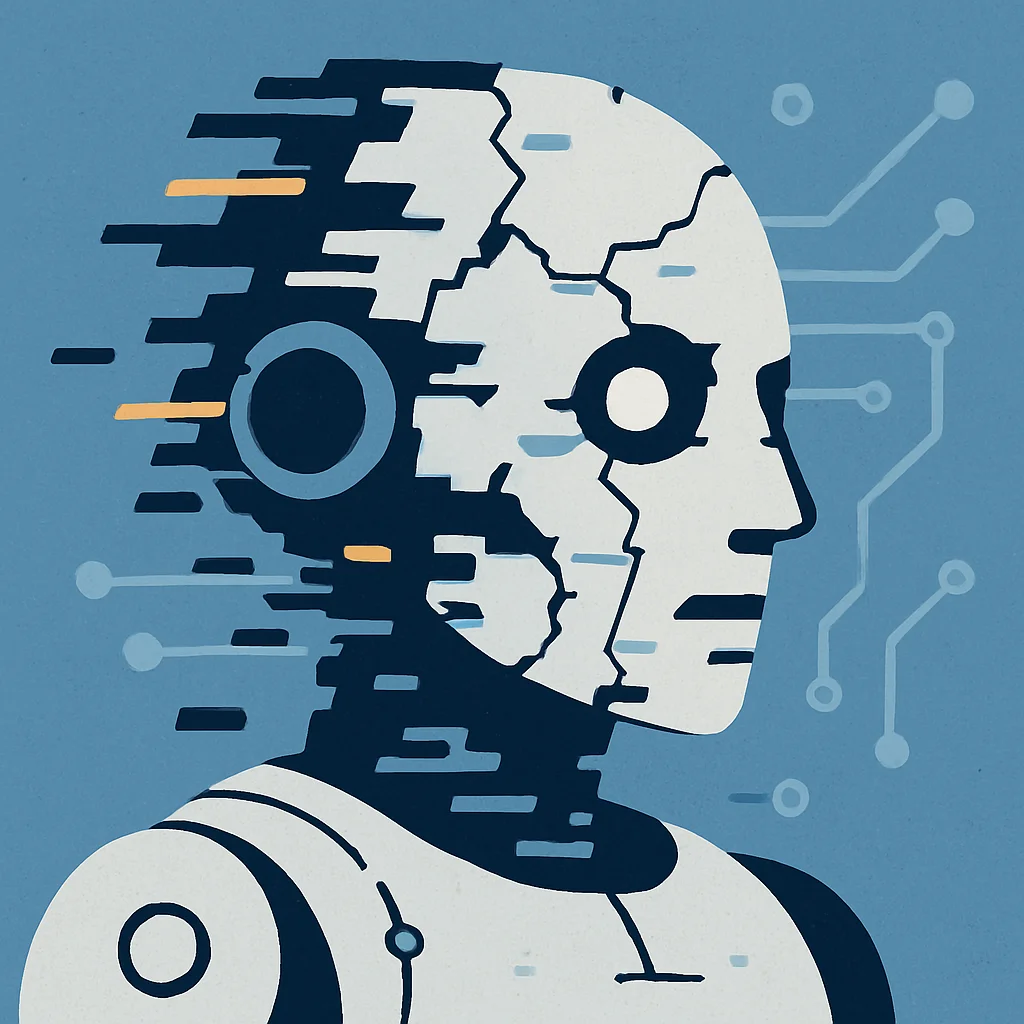
Common Issues with AI
Hallucinations, bias, privacy risks — learn about the most pressing problems in current AI systems and what causes them.